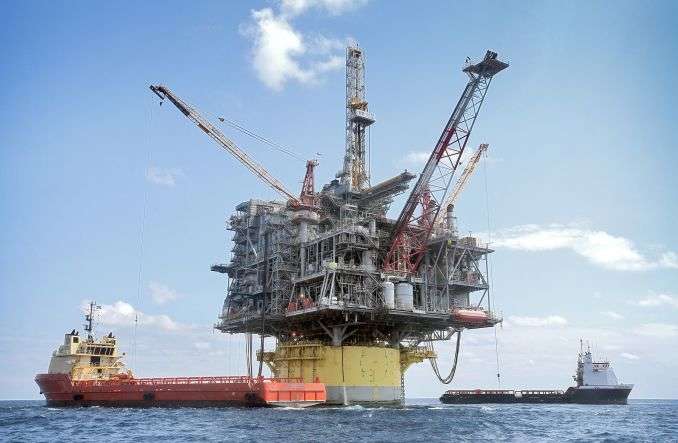.$2.8tr cost of energy transition may frustrate Africa’s net-zero goals
Although about 35 African countries have made a commitment towards net-zero emission in the backdrop of the 2021 United Nations conference in Glasgow, the global plan may cost the continent $6.7 trillion in fossil fuel resources.
Raising about $2.8 trillion energy transition fund needed to transit Africa to cleaner fuels to attain the goal may also remain a mirage, a new report by PriceWaterhouseCoopers has said.
To achieve the 1.5°C global warming target under the Paris Agreement, studies suggest that a third of current oil reserves, half the current natural gas reserves and nearly 90 per cent of current coal reserves must remain in the ground.
Experts at PWC noted that applying this to Africa would leave a potential $6.7tn of fossil fuels stranded on the continent.
With growing poverty, near total dependence on hydrocarbons for economic development and industrial activities as well as funding challenges, experts at PwC in an Africa Energy Review 2021 forecast double challenge for Africa.
PwC’s Africa Oil and Gas Industry Leader, Pedro Omontuemhen stated that the energy sector in Africa is diverse and characterised by different demands and needs in each country.
According to him, while the energy journey for each country may be different, an overall perspective is needed on common issues to reduce the energy deficit on the continent.
Omontuemhen stated that although the importance of global decarbonisation and a sustainable planet is foremost, the journey to achieve net zero highlights the risk of further entrenching economic winners and losers.
Struggling to overcome challenges posed by COVID-19, the continent as noted by PWC faced a drop in crude oil production, export and further reduction in gas production and export.
The report equally noted that planned capital expenditure for exploration in 2020–2021 fell from $90bn pre-COVID-19 to $60bn.
Noting a positive outlook for renewable energy, the group noted an estimated 27.32 EJ of additional renewable generation by 2050 within Africa’s energy mix to compensate for declining fossil fuels. This is a significant increase from current renewable generation of just 1.79 EJ.
“To achieve net zero by 2050, Africa would need to invest an estimated $2.8tn in a clean energy mix and reduce its current yearly CO2 emissions of 1.62m kilotons of CO2e.
“Investment in low-carbon energy systems in Africa lags global pace, but despite global climate finance commitments from developed economies aimed at $100bn yearly, the allocation to Africa falls significantly short of what the continent requires to meet global targets. The fiscal constraints being experienced across Africa create a challenge for the continent to move with pace on its net-zero journey. Private partnerships, public-private partnerships (PPPs) and blended finance are becoming increasingly important and will need to be deployed together with strong public sector governance and innovative financing instruments to overcome these challenges,” the report stated.
PwC Director, Energy Strategy and Infrastructure, James Mackay, said ensuring a sustainable planet would not be a cost-benefit assessment, but that Africa must carefully consider the economic impact of a transition away from fossil fuels and associated revenues in context of the affordable pace of development and growth of the renewable energy sector.
“More than a third of African nations are very dependent on fossil fuel commodities for state revenue, foreign currency reserves and local economic activity. An unfunded and rapid shutdown of this sector would place significant fiscal strain and hardship on Africa. On the other hand, too slow a transition may see Africa lag global markets and emissions reductions targets. Developed economies must play an active role in Africa to ensure a global win-win outcome,” Mackay said.
According to the report, while Africa’s proven fossil fuel reserves are estimated at more than $15.2tn as sub-Saharan Africa alone derives nearly 50 per cent of export value from fossil fuels, energy transition endanger the these economic as well as yearly contribution to GDP from Africa’s current oil, coal, and gas production of $156.2bn.

























